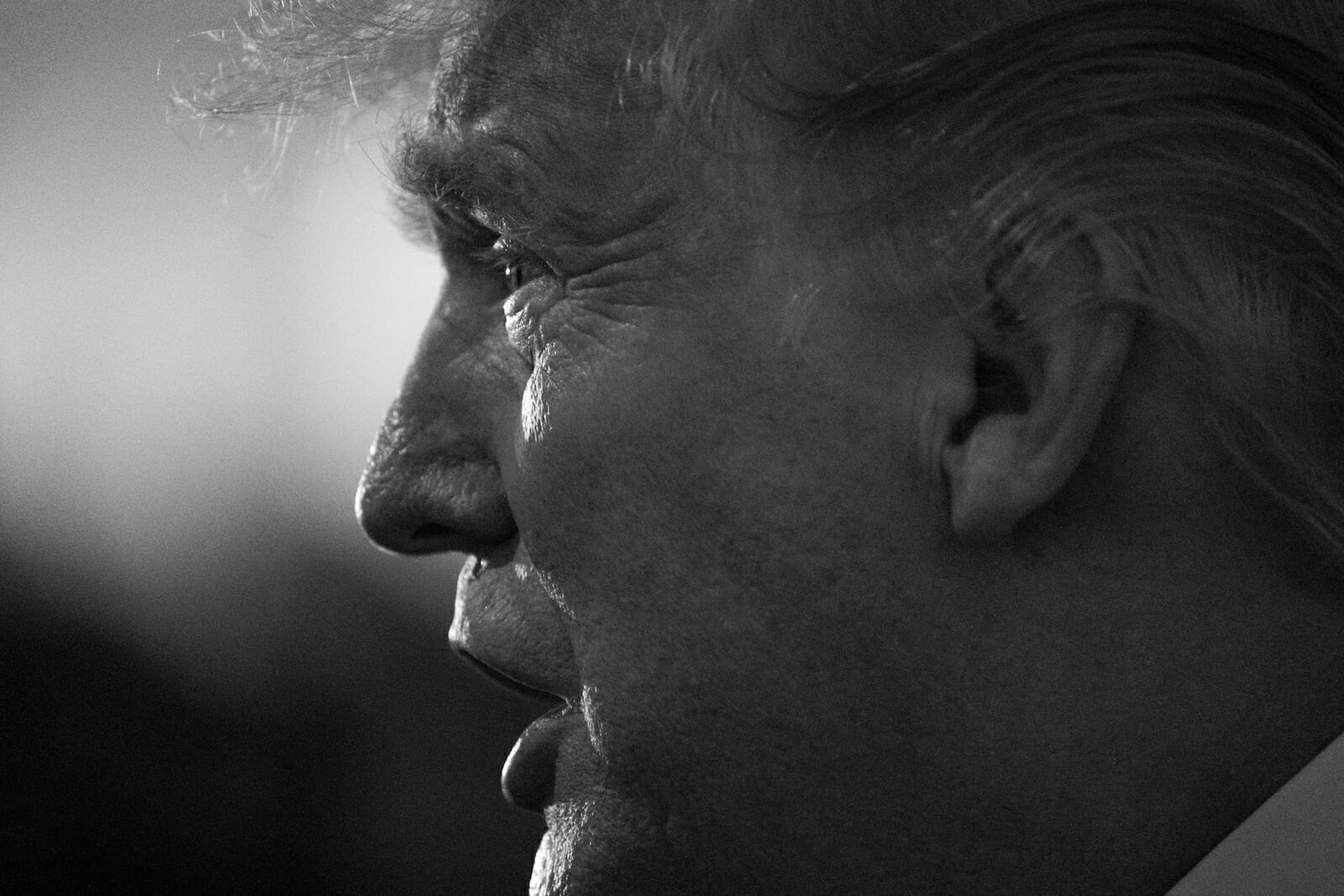
Politics
How Damaged is the Constitution as a Result of the Impeachment, Trial, and Acquittal of President Trump?
The Senate impeachment acquittal of President Trump broke a lot of norms. Prior to this, few thought that the House could impeach but perhaps not send Articles over to the Senate indefinitely or that the Senate could perhaps refuse to hold a trial or plot one in coordination with the White House and without witnesses. And few thought that a president could or should ask a foreign country to investigate a rival and find public opinion divided on whether this was acceptable behavior.
Yet once the trial is over there will be hand wringing and finger-pointing by the president, House Democrats, and Senate Republicans, that the other party did what they did for partisan purposes. All of them will claim that someone else has effected lasting damage to the U.S. Constitution. While ultimately historians looking back in time will judge the meaning and impact of the entire Trump presidency, including the impeachment and trial, one can argue that even now that none of the principle three players–Trump, the House, and Senate, are blameless when it comes to possible constitutional damage.
By the end of the Senate trial, except for a few extreme supporters, no one really thinks what Trump did during the phone call with the president of Ukraine or in his non-cooperation with the investigation was perfectly appropriate. Asking a foreign leader to investigate a political rival, or hold up foreign aid to a country fighting a war against a U.S. adversary was not a smart or ethical thing to do. From a policy and U.S. national security perspective, this was not good. But the efforts to cover it up by refusing to cooperate with the House and stymie their legitimate constitutional oversight functions was worse. Even if legal precedent were not on the side of Congress in terms of the scope of their investigatory and subpoena powers, Trump’s blatant thumbing of his nose at their powers was simply the most extreme example of his continuous ignorance and disregard for constitutional principles that has marked his entire presidency.
Many will argue that the president emerges as the big winner in the impeachment process. He was acquitted, meaning that he and future presidents are above the law. However, Trump comes out of this trial a much weaker president than he started. The facts that emerged did damage him, it distracted his executive branch from performing other tasks, such as moving his agenda through Congress. In 2017, he signed 94 public bills into law, in 2018 it was 312, dropping to 91 in 2019.
Even though acquitted, public opinion and congressional investigations have limited his powers. If Richard Neustadt’s book Presidential Power and the Modern Presidents is correct that the power of the presidency is the power to persuade, Trump has dramatically weakened his credibility and capacity to get anything done, and despite what some fear, it will be harder for him to make major foreign policy maneuvers in his fourth year in office, and his behavior has triggered a new focus on constraining presidential power.
Nancy Pelosi was correct initially in saying Trump was not worth impeaching, but she was goaded into doing it. Yet the impeachment came too soon and too quickly. The House should have issued the subpoenas, fought them in court, and waited for the judiciary to side with them, similar to what happened when the Supreme Court ruled against Richard Nixon and Bill Clinton. So too should the House have perhaps articulated other reasons for impeachment beyond the two it issued, thereby suggesting that all the other self-dealing and disregard for many laws did not constitute articles of impeachment. In many ways, contrary to what some have argued, the House raised, not lowered, the future bar to impeach.
Finally, it made no sense for the House to send over the articles of impeachment to the Senate until it had guarantees of witnesses and assurances that the Senate trial rules in place since 1868 would be followed.
Mitch McConnell failed to follow the impeachment rules in place. He and the Republican Senate orchestrated the first impeachment in U.S. history without witnesses, and their blatant coordination with the president on how to run the trial did serious damage to the legitimacy of that body. Few if any will ever judge the trial as fair, the Senate impartial, and that they did their job as they were supposed to.
Beyond the president and Congress, Dershowitz exits the trial forever remembered for his “if a president does something which he believes will help him get elected in the public interest, that cannot be the kind of quid pro quo that results in impeachment” argument. Remember that he is a criminal law professor and a lawyer, not a constitutional scholar in terms of being an expert on checks and balances and separation of powers. He has made a career out of advocating positions for clients to get them off. One should not begrudge him for being a zealous advocate for the president, but no one should accept as constitutionally sound his expertise and opinion. Advocacy is different from sound constitutional reasoning. Dershowitz’s views fly in the face of the concepts of constitutionalism. To most, he is a laughing stock for his arguments.
So how broken is the Constitution and are future presidents free to be above the law? Clearly constitutional norms have been battered. Are we on the road to fascism or a dictatorship? One still does not see tanks in the streets across America or barb wire up everywhere. Yes, the Trump presidency has wreaked havoc on the rights of immigrants and possibly others, but the impeachment process never was about that and perhaps this or other matters are where Congress and the American public should have been more concerned and did something.

